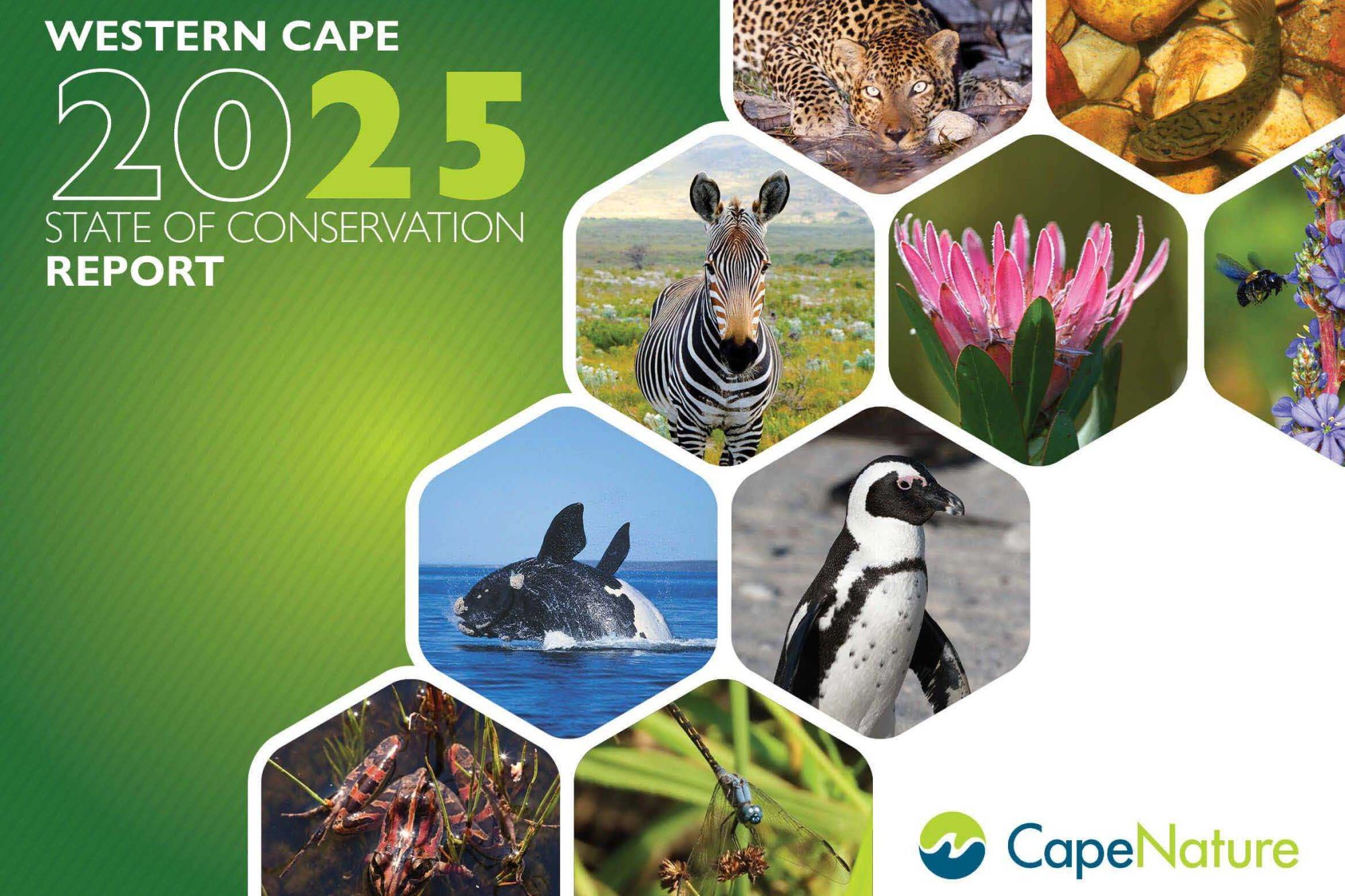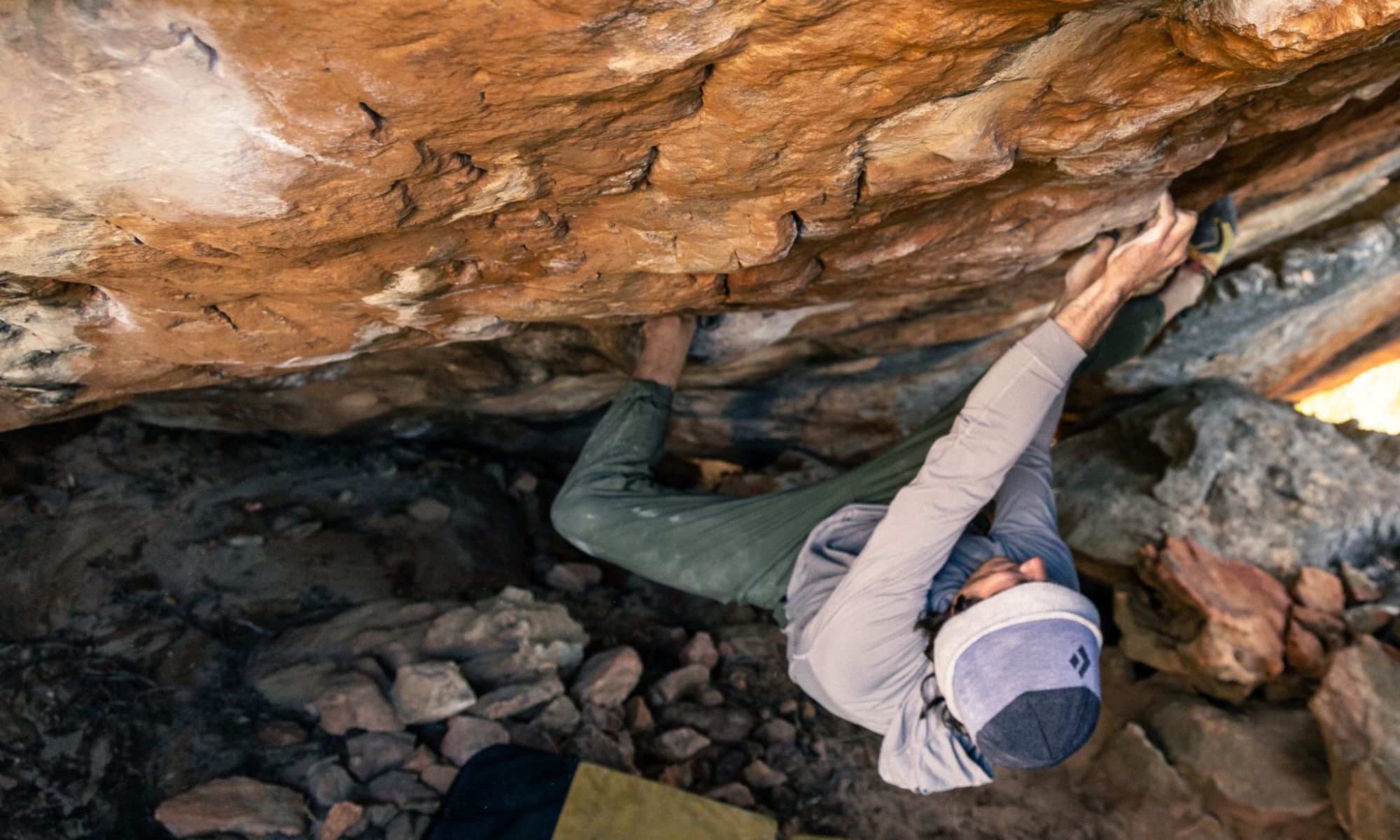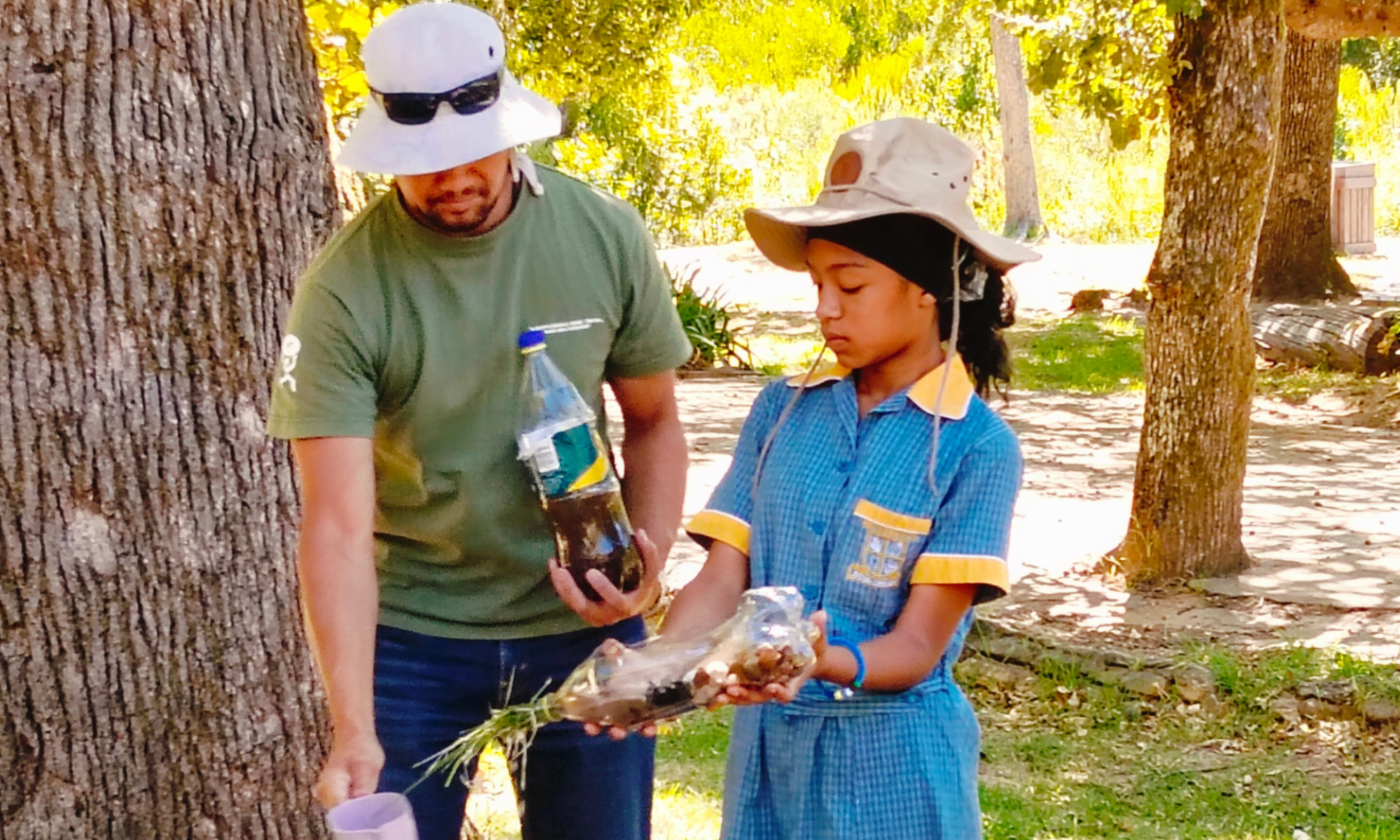
2025 State of Conservation Report highlights progress and priorities in protecting Western Cape biodiversity
CapeNature launched the 2025 State of Conservation Report this morning at its annual Conservation Review, offering a clear, evidence-based view of the Western Cape’s biodiversity and how conservation efforts are measuring up.
Key themes emerging from the report include sustained efforts to build biodiversity resilience in the face of climate change, the value of strategic partnerships, and the growing integration of monitoring data into planning and policy.
These insights are underpinned by extensive fieldwork, spatial analysis, and ecological monitoring across river corridors, mountain fynbos, and coastal habitats. The report provides a valuable snapshot of how species and ecosystems are faring amid ongoing pressures from land-use change, climate variability, and biodiversity loss.
Significantly, CapeNature added 13 117.41 hectares to the Western Cape’s protected area network since the last annual update, expanding the conservation estate to 1 095 428 hectares as of 31 March 2025.
This report is more than a reflection of where we stand environmentally. It is also a useful guide for decision-making in a way that strengthens both ecosystems and communities. The report tracks key indicators that inform where conservation action is most needed and where it is already yielding results. I commend CapeNature and its partners for the rigour and collaboration that underpin this important work.
Conservation successes noted in the report highlights close co-operation between government, private landowners, communities, research institutions, and other partners. Stewardship agreements with private landowners continue to secure ecologically important land outside formal reserves, while survey and data partnerships with research networks have enhanced the accuracy and reach of biodiversity monitoring efforts.
The resilience of our ecosystems and the services they provide is key to the well-being of the people of the Western Cape and the long-term sustainability of the province. This Report provides insights to where we are succeeding, where challenges remain, and how we can collectively respond, with the help of our partners.
The State of Conservation Report outlines CapeNature’s commitment to align its reporting with the South African State of Environment Outlook Report (SoEOR) and international environmental and conservation reporting obligations such as through the United Nations Convention on Biological Diversity.
The Report describes CapeNature’s response to its primary mandate to conserve species and ecosystems that provide essential ecosystem services such as clean water, disease resilience, atmospheric absorption and carbon storage, which helps to ensure a more resilient and sustainable future for both people and the environment.
The report is available at this link for viewing and download.

Related News
How can I assist you today?
How can I assist you today?




